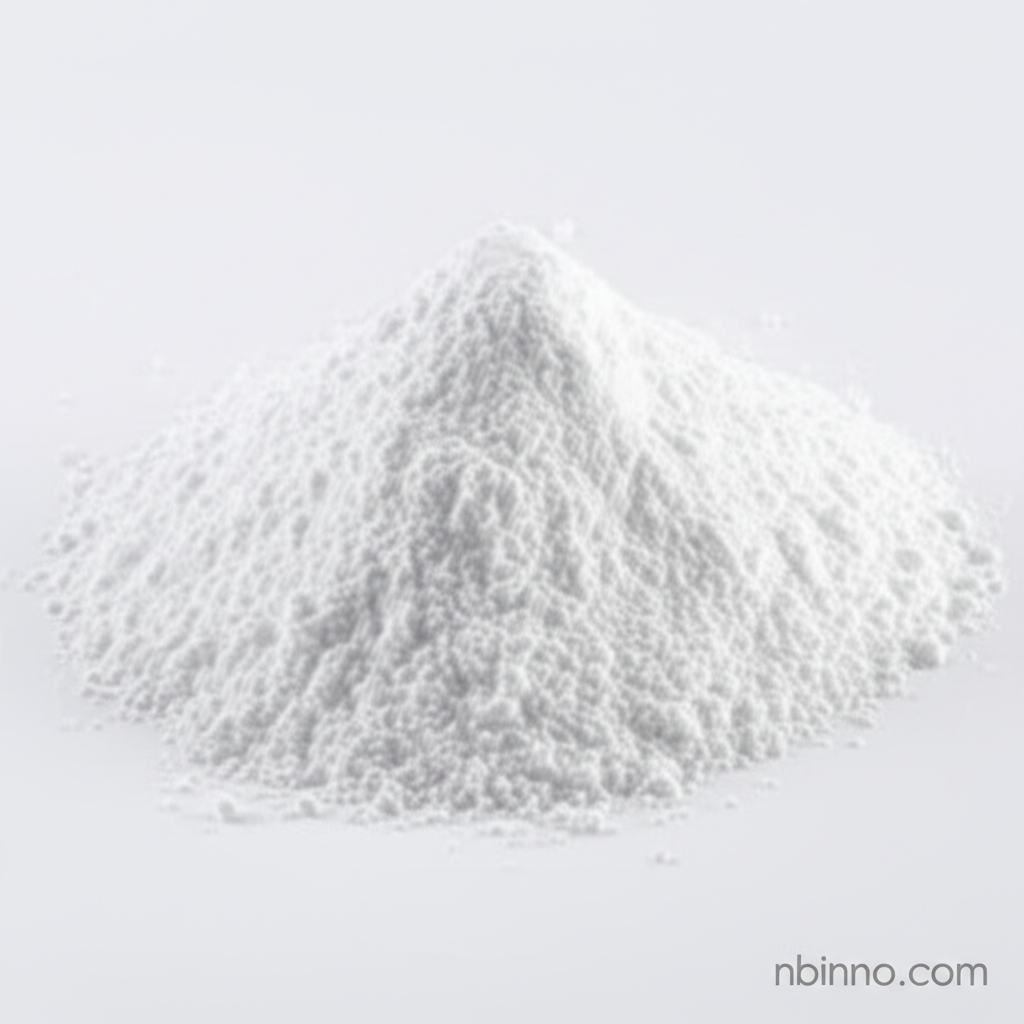Microcrystalline Cellulose: A Cornerstone of Pharmaceutical Formulation
Discover the versatility and essential functions of Microcrystalline Cellulose in modern drug development and manufacturing.
Get a Quote & SampleProduct Core Value

Microcrystalline Cellulose
Microcrystalline Cellulose (MCC) is a plant-derived substance that serves as a critical excipient in the pharmaceutical industry. Its unique physical and chemical properties make it highly effective as a binder, filler, disintegrant, and more, contributing significantly to the stability, manufacturability, and efficacy of oral solid dosage forms.
- Leverage MCC as a Binder: Microcrystalline cellulose's excellent binding properties ensure tablet cohesion and integrity, crucial for successful tablet formulation.
- Enhance Tablet Disintegration: As a primary disintegrant, MCC facilitates the rapid breakdown of tablets in the body, promoting efficient drug release and absorption.
- Understand Microcrystalline Cellulose Properties: The exceptional compressibility and flowability of MCC are key advantages for efficient manufacturing processes and consistent product quality.
- Optimize Drug Delivery with MCC: Utilize microcrystalline cellulose in tablet formulation to achieve desired drug release profiles, ensuring optimal therapeutic outcomes.
Product Advantages
Superior Compressibility
MCC offers exceptional compressibility, enabling the production of robust tablets even with potent APIs, a key benefit when seeking effective tablet formulation.
Excellent Flowability
Its naturally good flow properties minimize manufacturing challenges, ensuring smooth powder movement during tableting, which is vital for consistent product output.
Chemical Inertness
The chemical inertness of microcrystalline cellulose prevents adverse reactions with active pharmaceutical ingredients, preserving drug stability and efficacy.
Key Applications
Pharmaceutical Tablets
MCC is the gold standard for tablet manufacturing, serving as a binder and filler to ensure tablet integrity and performance in various drug delivery systems.
Capsule Formulations
As a filler, MCC ensures consistent dosing and prevents caking in both hard gelatin and HPMC capsules, contributing to reliable drug delivery.
Food Industry
In food production, MCC functions as an anti-caking agent, stabilizer, and texture modifier, enhancing the quality and appeal of processed foods.
Cosmetic Products
MCC is utilized in cosmetics for its thickening and texturizing properties, improving the feel and stability of skincare, haircare, and makeup products.
